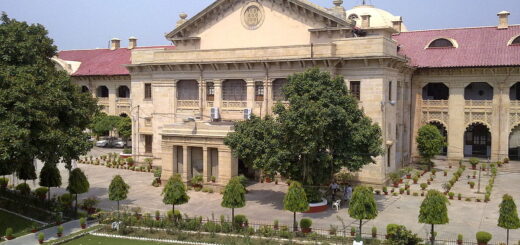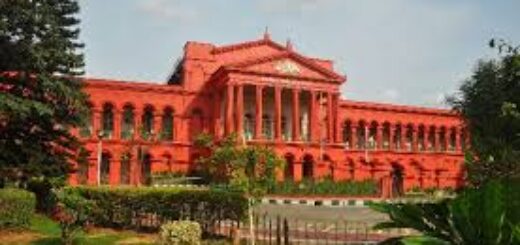Second complaint based on nearly the same facts as the first is not valid; if the main issue in both complaints is the same, the second complaint should not be considered, according to the Supreme Court.

The Supreme Court has confirmed that a second complaint based on “almost identical facts” as the first one cannot be accepted. The Court stressed that if the main issues in both complaints are the same, the second complaint should not be considered. It overturned the Gauhati High Court’s decision that had allowed the second complaint, supporting the Chief Judicial Magistrate’s (CJM) initial rejection of it. The Bench, consisting of Justice C.T. Ravikumar and Justice Rajesh Bindal, stated that if the first complaint was resolved on its merits, a second complaint with similar facts is not valid. They emphasized that if the main points of both complaints are the same, the second one should not be entertained.
A complaint was made by the second respondent to the CJM, which was sent for investigation under Section 156(3) of the Cr.P.C. An FIR was then filed under Sections 406, 420, and 34 of the IPC. After the investigation, the police submitted a Final Report. The complainant later filed a written objection asking for the case to be acknowledged. The CJM looked at the objection but accepted the Final Report, stating that the investigation was sound. However, the second respondent submitted a new complaint with the same claims. The CJM ordered an investigation under Section 202 of the Cr.P.C. after taking initial witness statements. The appellants contested this order in the High Court, which instructed the CJM to reassess the validity of the second complaint. The CJM then dismissed the second complaint as invalid. The Sessions Judge reversed the CJM’s decision, sending the case back for further consideration. The High Court later upheld the Sessions Judge’s ruling, resulting in this appeal.
The Supreme Court looked at Section 300(1) of the Cr.P.C., which stops retrials for the same crime based on the same facts. The Court mentioned the Latin phrase “Nemo debet bis vexari pro una et eadem causa,” meaning no one should be troubled twice for the same reason. This rule applies when a person has already been tried by a proper court. In this situation, the Court determined that since the Chief Judicial Magistrate (CJM) had fully reviewed and rejected the protest petition, and accepted the Final Report, there was no reason to allow a second complaint with the same facts. The Bench explained that the conditions under which a second complaint or protest petition could be accepted or rejected were clearly discussed in previous rulings. Essentially, whether a second complaint is allowed depends on how the first complaint was dismissed.
The Court also referred to its ruling in Pramatha Nath Talukdar v. Saroj Ranjan Sarkar (1962), which stated that a second complaint on the same facts is only allowed in “exceptional circumstances,” like if the record was incomplete or there was a misunderstanding about the complaint. The Court clarified that if a complaint is dismissed based on its merits, a second one should not be considered unless specific exceptional conditions exist. Similarly, in Samta Naidu v. State of Madhya Pradesh (2020), the Supreme Court ruled that if a Magistrate dismissed a complaint after a thorough inquiry, a second complaint on the same facts is not valid. In this case, the Bench noted that both the protest petition and the original complaint were reviewed and dismissed after finding no issues with the investigation.
The Court stated that a review of the second complaint from July 20, 2011, shows that none of the allowed situations mentioned earlier apply to this case. Therefore, the Sessions Judge and the High Court were wrong to challenge the Chief Judicial Magistrate’s order from July 12, 2012, which deemed the second complaint legally invalid and gave further instructions. As a result, the Supreme Court approved the appeals.
Cause Title: Subrata Choudhury @ Santosh Choudhury & Ors. v. The State of Assam & Anr. (Neutral Citation: 2024 INSC 834)
Appearance:
Appellants: Senior Advocate Pijush K. Roy; AOR Rajan K. Chourasia; Advocate Kakali Roy
Respondents: Senior Advocate Manish Goswami; AOR Ankit Roy and Rameshwar Prasad Goyal; Advocates Priyank Adhyaru and Fayaz









